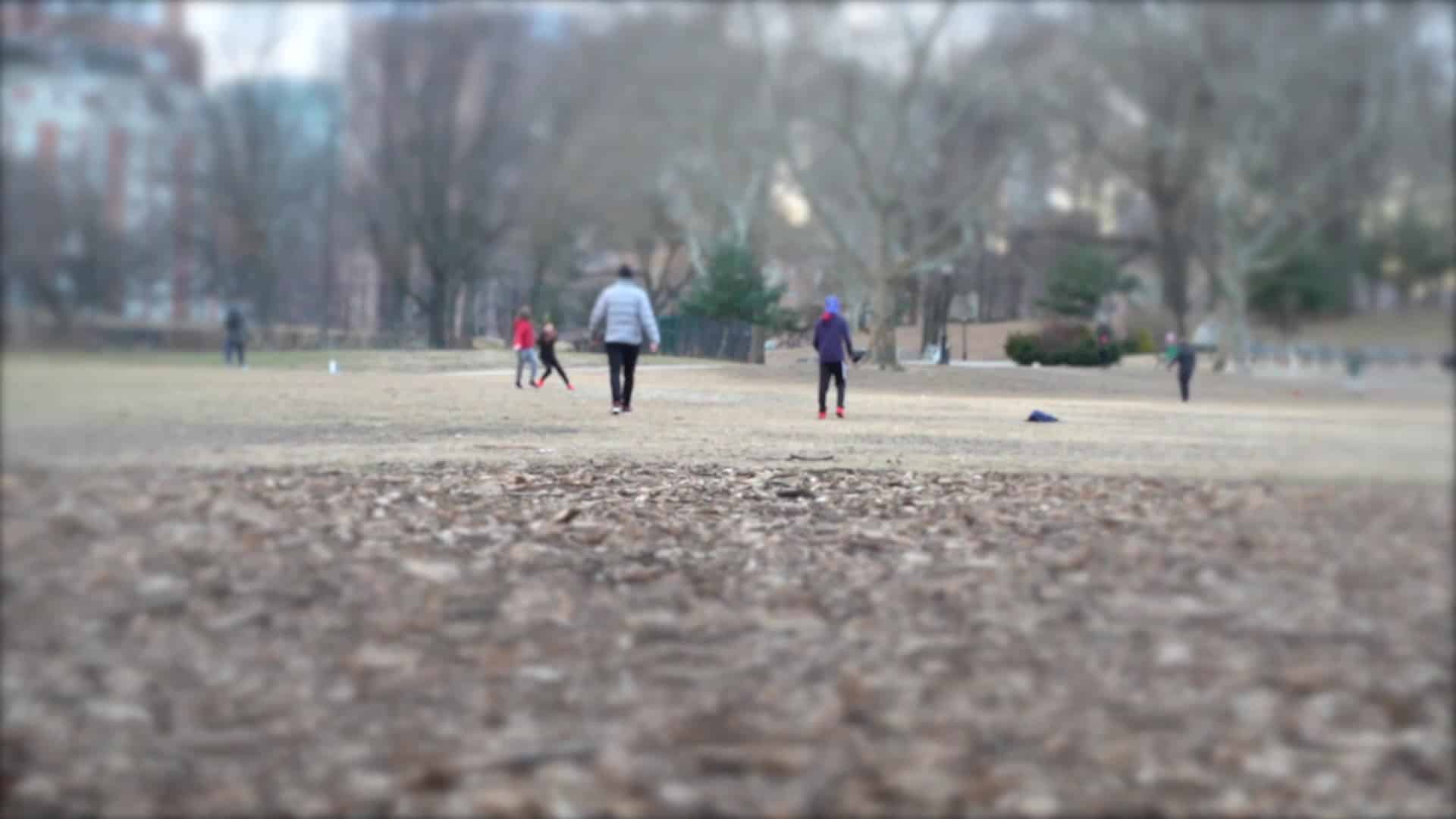
Nature and Children
When my kids were young, I had a kitchen magnet that showed an exasperated mother and a cartoon speech balloon from her child saying something like, “What’s Outside? I don’t think we have that game.” Way back in the Olden Days, say the 1980’s and before (insert groan here), children did not have the access to the electronic distractions they do now. Yes, there was TV, but if you go not much further back, the access to kids’ shows was much more limited. So, kids naturally went elsewhere for their entertainment, mainly to friends, family, hobbies and OUTSIDE. Someone was bound to be around to play with. It was also a much less scheduled life for our kids, so time was available, and the exploration of neighborhoods, urban or wherever, came very naturally.
I have done some reading for this blog as I do for all of them, but I don’t know how necessary it was. People need to be in nature, simple as that. Since we were at the beginning of our species, we were learning how to co-exist with nature. We found our food there and our homes and found means to sustain us safely and at premium health. We did our best when we banded together, helped each other. And we taught our children how to keep it all going. When we became numerous, we came up with ways to take care of our growing population. All the while, we were in nature, sometimes in harmony and sometimes just doing our best to survive against its power. Because we clearly are not the ones in power.
As with so many things now, our children need to be taught about nature. Most science programs in schools introduce children to the various processes found in nature, and they often involve fieldtrips or outdoor exploration. But humans in general have moved so far away from that state that most of us don’t even know where much of our food comes from anymore let alone how it’s grown. There’s so much we get from nature without ever interacting with it ourselves. And we spend a lot of our time shielding ourselves from it as we go from one indoor space to another riding in yet another indoor space.
So, what is it our children are missing and how is it affecting them? As with everything, you will have to determine for your family what is best and how to answer those questions. Trial and error is always a good idea. Does your child behave differently after spending time in nature? Do you? I am very opinionated on this subject, so I would say they are missing so much if not regularly immersed in nature, especially the chance to develop their own relationship with and appreciation of the beautiful planet we live on. My kids loved staying indoors, and they rarely told us they were bored. But they needed pushing to be outside, so we had to make it a regular family outing. We stopped at playgrounds in all seasons on our way to and from places. We were lucky to always have a nature center close by wherever we lived and would take regular walks to see the changes in the seasons. As babies, there were always walks around the neighborhood in the stroller. Trips to a zoo or other outdoor outing. It is fairly simple to find things to do outdoors. Our sensory children can learn to love outings if they get to voice their opinions as to the choices, and special care is given to keep the input down for them. Growing up with a pet is a most intimate form of interaction with nature. Kids who are involved in outside sports can get plenty of fresh air, but are they able to interact with nature?
We all can get so much out of being in nature such as basic relaxation and a sense of being present in the moment, being mindful. The many sounds and smells and sights and things to touch excite our brains as they are unique to our everyday life. Being in nature tends to be quieter and less bombarding to our senses and can provide a sense of peace. When we spend time in nature, we are experiencing a different pace of life, less of a sense of time passing in the way we usually relate to it. When the sun begins to set, it gets cooler out, and we realize it’s time to start heading indoors, all without looking at a clock. If lucky, we may encounter animals and insects and grow more of an appreciation of the natural world and recognize our responsibility in keeping it healthy and plentiful for all. Children can begin to understand their place in the world and how important AND how small they are in the grand scheme of things. Witnessing up close the many wonders in nature with plants, animals, fungi, etc. is not only highly entertaining but also awe-inspiring in many cases.
As I mentioned, there is plenty of literature that gets more specific and scientific about the many physical, mental and emotional effects of being in nature if you care to do a search online, but really, you know all of this. You know what it feels like when you’re outside, what you feel when you’ve come indoors after a good run, ride, walk, sunbath, swim or just hanging out on the sidewalk. You’ve seen a forest or walked a beach. You have witnessed a graceful deer grazing. You know how it feels. Let’s just make sure our kids are given that same opportunity.
Nancy E.A. Weiss, MOT, OTR/L
